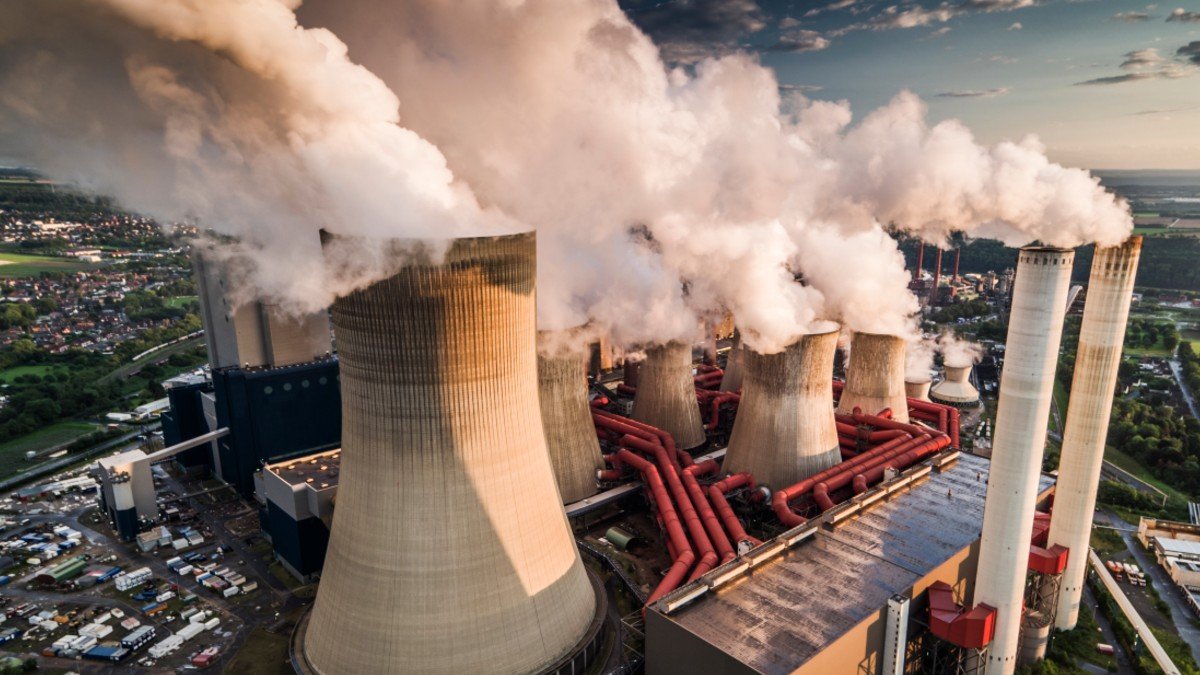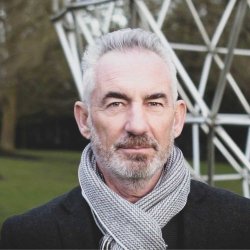Modelling ‘transition risk’ – the financial challenge of a zero carbon economy
Sustainability experts from our University have played a key role in completing a first-of-its-kind research project. Its goal: to assess a vast network of inter-connected risks and opportunities associated with the transition to a net-zero carbon economy.

The drive to a net-zero carbon economy may see disruptions to power supplies as cleaner energy sources come online
Professor Tim Jackson and Dr Andrew Jackson from the Centre for the Understanding of Sustainable Prosperity (CUSP) at our Centre for Environment and Sustainability (CES) were the duo involved from Surrey. They worked alongside academics from the University of Sussex, plus institutions in Italy and France, to complete this complex research project.
The challenges
“The case for moving to a net-zero carbon economy has been comprehensively made,” says Tim. “But the challenge of achieving this transition is formidable.
“It demands the replacement of entire technologies, supply chains and infrastructures of provision. This will impact on energy, food and transport, and we’ll need to radically change entire industries within a relatively short timescale.
“It will require investment at a scale usually only seen during periods of war or rapid urbanisation. It will also entail widespread changes in the behaviours of households, consumers, producers, investors and shareholders.
“Such rapid structural change, massive investment shifts and ‘post-normal’ behaviours will have far-reaching consequences for everyone.”
A novel approach
Assessing the risks and opportunities these changes will bring to individual sectors would be difficult enough. But looking at them as inter-connected entities influencing one another meant the team had to create a novel analytical approach.
“We combined different techniques to create what we refer to as a consistent macro-economic model of transition risk,” continues Tim. “It combines elements from economics, finance and physics, plus a number of sub-disciplines within each of these areas.
“To our knowledge, it’s the first time the specific elements we used have been incorporated this way to explore the transition to a net-zero carbon society.”
The findings
The initial phase of this venture, named the TRansit project, has been completed, and a fundamental lesson learned from this pioneering work is the importance of the role played by government.
Tim continues: “As a large economic actor in a universe of much smaller agents, each of whom is operating under conditions of uncertainty, incomplete information and bounded rationality, government has the potential to operate as a powerful ‘automatic stabiliser’ – which can provide national stability in a time of flux.”
Tim says this role will be important as wholesale changes anticipated in the journey to net-zero may lead to a protracted period of instability.
Tim adds: “For example, our simulations showed how energy price rises and increased green investment can represent opposing forces during the initial phase of a fast transition from brown to green energy.
“We identified circumstances under which these forces can lead to a period of financial instability that extends beyond the energy sector, giving rise to higher income inequality.
“None of these effects is necessarily fatal to a successful transition. But they highlight the need to recognise the economy as a complex and dynamic system, and to develop tools to help policymakers understand the impacts and address them.
“This is what we’ve created and we’re happy to share our work with those interested in using it and developing it.”
Learn more about studying in our Centre for Environment and Sustainability.

